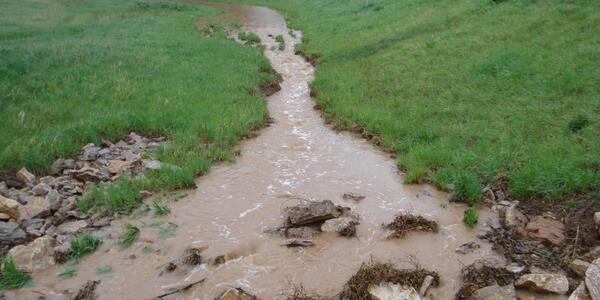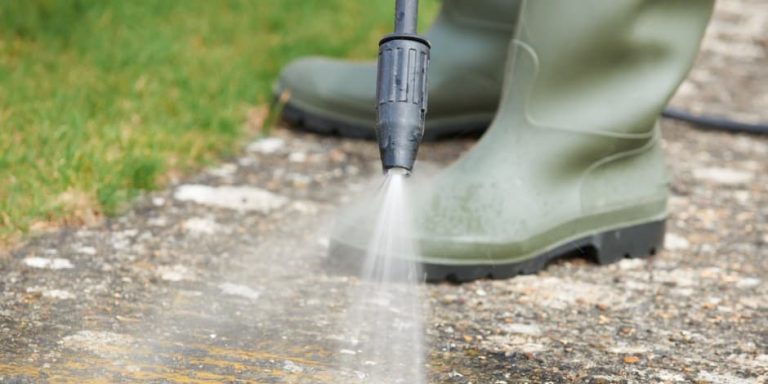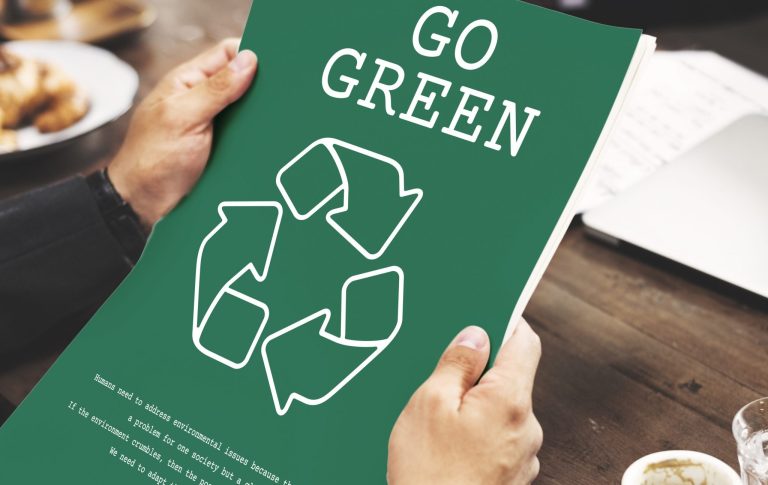
Every time a pressure washer blasts grime off a driveway, deck, or sidewalk, that dirty water has to go somewhere. Often, it flows straight into storm drains, creeks, or soil systems, carrying chemicals, oils, and debris along with it. That’s where runoff filtration technology steps in—and it may be the key to making pressure washing truly eco-safe. 💦🌱
This article explores the cutting-edge tools, systems, and strategies used to filter and manage wastewater during and after power washing jobs—and how they could define the next generation of green cleaning.
🚿 Why Runoff Is a Problem
While pressure washing does a great job of cleaning surfaces, it also creates a significant volume of wastewater—known as wash water runoff.
That runoff often contains:
- Cleaning chemicals (detergents, bleach, acids)
- Heavy metals (from rust, paint, and equipment)
- Oil and grease (especially in parking lots or garages)
- Pathogens (from bird droppings or decaying matter)
- Sediment and debris
If this contaminated water isn’t captured or treated, it can pollute waterways, damage plant life, and violate environmental regulations. In fact, many municipalities consider unfiltered power washing runoff a form of illegal discharge under local stormwater codes. 🛑
Browse Amazon Here For Eco-Friendly Pressure Washing Detergents
🧰 What Is Runoff Filtration Technology?
Runoff filtration refers to tools, equipment, or systems designed to capture, filter, and properly dispose of wastewater generated during power washing.
These technologies range from simple, portable filtration units to complex, trailer-mounted recovery systems that can handle large-scale operations.
🔧 Types of Runoff Filtration Systems
Here are some of the most common and effective filtration solutions used in the industry:
1. Vacuum Recovery Systems 🧹
- Vacuum heads and hoses suck up wastewater as it’s generated
- Water is stored in tanks and later filtered or hauled away
- Often integrated into trailer-mounted setups
2. Berm and Boom Containment 🧽
- Rubber berms or inflatable booms surround the wash area
- Prevents water from running into storm drains or landscaping
- Often paired with absorbent mats or filters
3. Portable Filtration Units 💧
- Mobile systems that filter water on-site
- Remove solids, oils, and some chemicals using multi-stage filtration
- Some models allow for water reuse after filtration
4. Storm Drain Protection Tools 🌧️
- Grate guards, filter socks, or sediment bags placed over drains
- Capture debris and pollutants before they enter the stormwater system
5. Eco-Mats and Oil Absorbing Pads 🧼
- Mats laid under the cleaning area to soak up hydrocarbons and chemicals
- Especially useful in auto shops or gas stations
🧪 How Effective Are These Systems?
Modern runoff filtration systems can remove:
- Up to 99% of sediments
- 80–95% of hydrocarbons and oils
- Majority of heavy metals and organic pollutants
Advanced systems may also include activated carbon filters for odor and chemical control, and UV sterilization to eliminate bacteria or pathogens.
Of course, effectiveness depends on proper use, maintenance, and matching the right system to the specific job. 🧠✅
🛠️ Use Case Examples
🏢 Commercial Building Cleaning
Large-scale building washing often requires vacuum recovery systems and trailer-mounted filtration. These systems prevent runoff from reaching sidewalks and public drains.
🅿️ Parking Lot Degreasing
Oil-heavy runoff is filtered with mats, oil socks, and multi-stage filter tanks. Some setups even recycle the water for reuse on future jobs.
🏡 Residential Sidewalks
Eco-mats and boom barriers combined with basic filtration bags help contain and treat runoff on a smaller scale—ideal for residential contractors.
📜 What the Law Says
In many U.S. cities and counties, contractors must have runoff control systems in place to legally perform pressure washing services. Common regulations include:
- No discharge into storm drains or open waterways
- Filtration of water before it enters sanitary sewer systems
- Fines for noncompliance ranging from $500 to over $5,000
- Required permits or environmental disclosures for large jobs
OSHA, the EPA, and local stormwater agencies are becoming more strict about enforcement. Using proper filtration is not just good ethics—it’s also good legal protection.
💡 The Business Case for Investing in Filtration
Though some filtration systems can cost thousands of dollars, the return on investment is substantial:
| Benefit | How It Helps Your Business |
|---|---|
| Avoids Fines | Complies with local laws and EPA standards |
| Attracts Green Clients | Appeals to eco-conscious property managers |
| Enhances Reputation | Sets you apart from competitors |
| Enables Government Work | Meets requirements for public sector bids |
| Lowers Environmental Risk | Prevents costly damage or cleanups |
Plus, as sustainability continues to gain ground, having filtration equipment could soon be a standard expectation—not just a bonus. 🌎
🔮 What’s Next for Eco-Safe Washing?
The future of runoff filtration may include:
- Smart sensors that monitor water quality in real-time
- AI-powered systems that adjust filtration stages automatically
- Fully closed-loop systems where water is captured, filtered, and reused endlessly
- Integration with carbon tracking apps for full sustainability reporting
Innovation in this space is being driven by demand from municipalities, green building programs, and eco-certified property managers.
🧠 Final Thoughts
Runoff filtration is no longer a luxury—it’s a necessity for any pressure washing business that takes environmental responsibility seriously. From basic mats to advanced vacuum recovery trailers, there’s a filtration solution for every scale of job.
By investing in the right technology today, you not only protect the environment, but you future-proof your business in an increasingly eco-aware industry. 💧🌿✅
Browse Amazon Here For Eco-Friendly Pressure Washing Detergents






